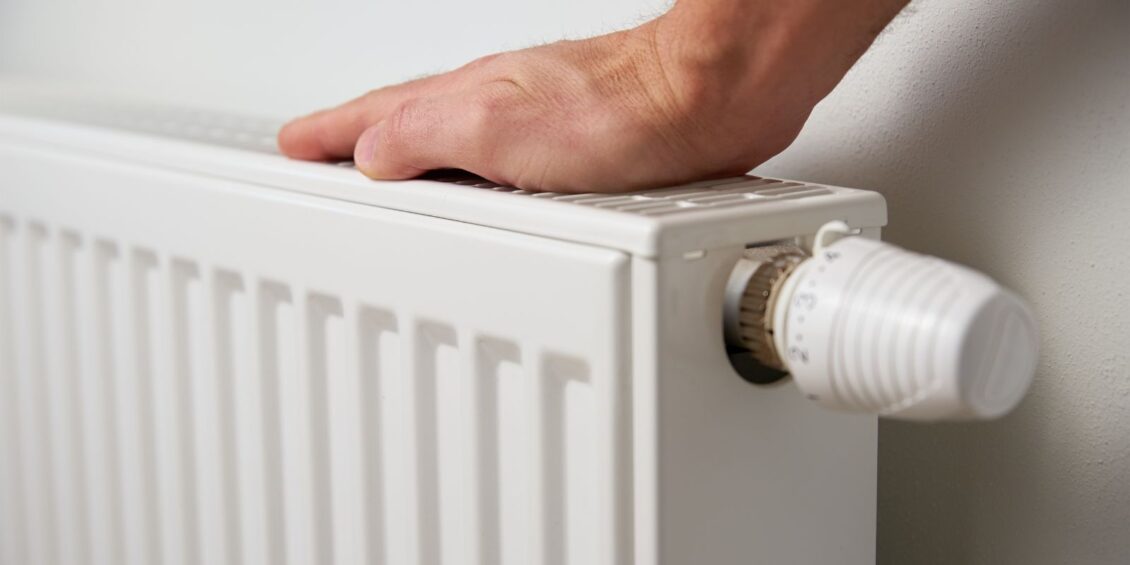As the world moves towards more sustainable and energy-efficient solutions, the question of whether to choose electric radiators or central heating is becoming increasingly relevant for homeowners. The decision is not as straightforward as it seems, given that both systems come with their distinct advantages and disadvantages. In this guide, we’ll explore these heating options in detail to help you make an informed choice that suits your needs and lifestyle.
Efficiency and Environmental Impact
One of the primary considerations when choosing a heating solution is its energy efficiency and environmental impact. Electric radiators are often championed for their efficiency. Because they convert almost 100% of the energy they use into heat, they minimize waste in terms of energy output. In addition, when paired with renewable energy sources, such as solar or wind, electric radiators can considerably reduce your carbon footprint.
Central heating systems, typically powered by gas, can also be efficient when well-maintained. Modern condensing boilers are designed to recycle heat from the flue gases, thus enhancing their efficiency. However, their reliance on fossil fuels makes them less environmentally friendly compared to electric systems.
Initial and Maintenance Costs
When evaluating the financial aspect, there’s a marked difference in the initial setup and ongoing maintenance between electric radiators and central heating systems. Electric radiators tend to be a less expensive option when it comes to initial installation. You don’t need to install complex piping as you would with a central heating system, which makes them a viable option for retrofitting older homes or extending heating to new areas in your home.
On the other hand, while the initial installation of a central heating system can be costly, with regular servicing, it can last many years and provide consistent heating throughout your home. The cost of gas needed to power central heating can fluctuate, which may affect long-term expenses.
Control and Versatility
The level of control you want over your home’s heating system plays a significant role in decision-making. Electric radiators excel in their versatility. They can be installed in specific rooms and be individually controlled, meaning you can choose to heat certain rooms while leaving others unheated, potentially leading to significant energy savings.
Central heating provides a more consistent and uniform heating solution throughout the entire property, which is ideal for larger homes. Contemporary central heating systems often come equipped with smart thermostats and zone controls that add a level of precision to your heating schedule.
Installation and Space Requirements
Installation is another factor worth considering. Electric radiators are relatively simple to install and do not require major infrastructural changes, making them ideal for smaller homes or specific rooms. They also tend to be compact and sleek in design, taking up less space.
Central heating systems can be more complex to set up and typically require more space due to the piping and boiler. They are best suited for larger homes where the infrastructure can accommodate extensive installation requirements.
Conclusion
Deciding between electric radiators and central heating largely depends on your personal priorities, the size and insulation of your home, and your budget. If you’re looking for an eco-friendly, adjustable, and easily installed option, electric radiators could be the way to go. However, if you require a comprehensive, long-term solution capable of consistently heating a larger home, central heating might be more suitable. Evaluate your needs and perhaps consult a heating expert to tailor the best system for your home and lifestyle.









Leave a Reply
View Comments